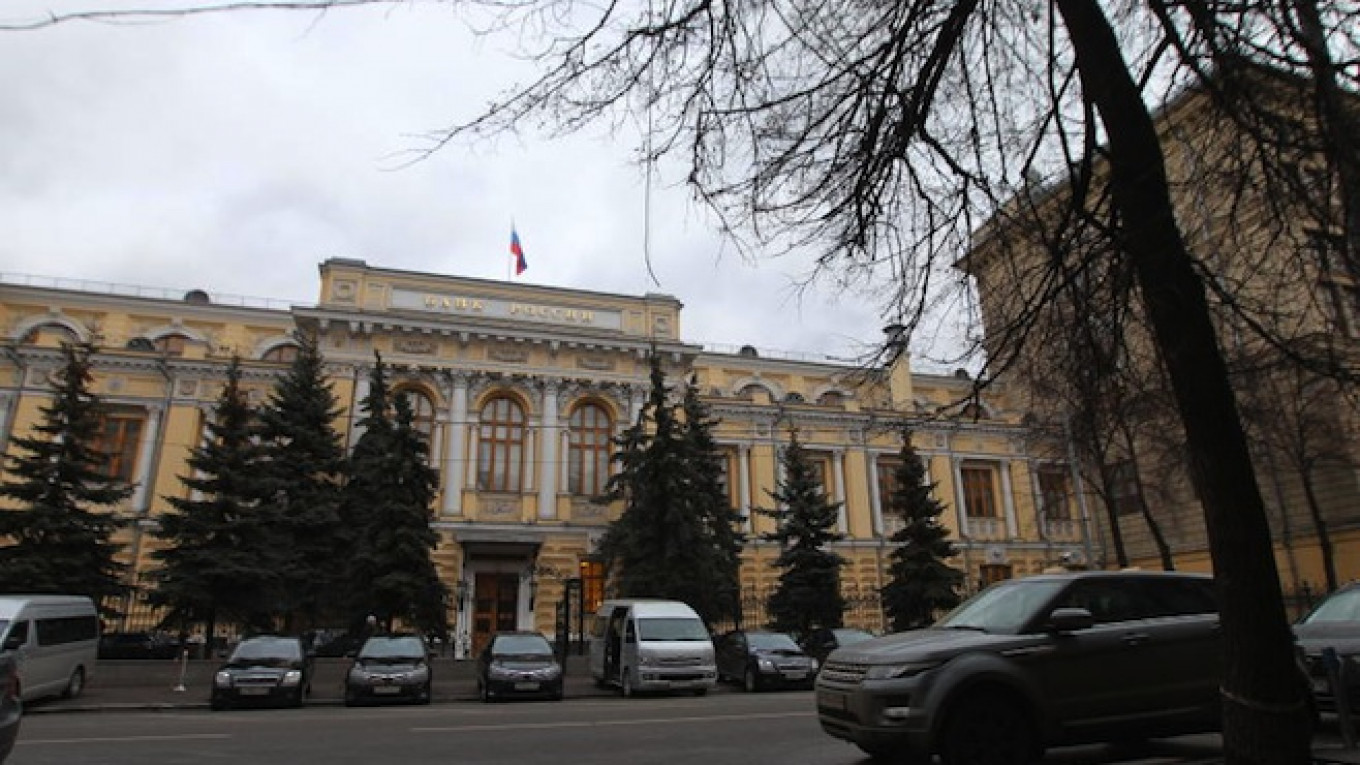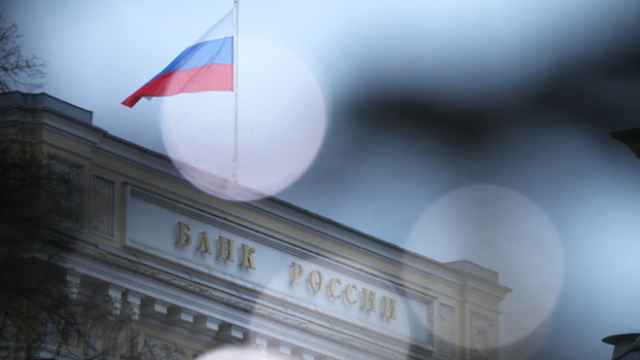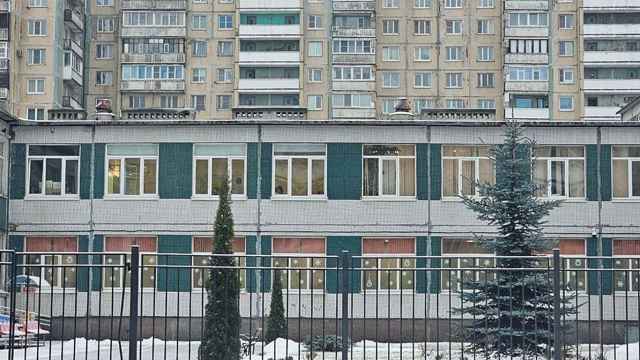TULA, Russia, — Russian banks' cost of financing and loan-loss provisioning jumped last year, hurting their profits and eroding their capital as their access to Western markets was restricted due to sanctions linked to the Ukraine crisis.
Analysts say that the pressure on banks could increase this year, as the Russian economy is expected to contract by at least 3 percent, according to the latest forecast from the economy ministry.
Alexei Simanovsky, deputy governor of the Central bank, told journalists that the bank was considering temporarily relaxing rules affecting how banks calculate the risks associated with certain consumer loans.
"We are thinking that the level of elevated risk assessment of 1.1 (110 percent), which was set for ruble loans with an interest rate of 25-35 percent, perhaps it's worth abolishing it for the moment," he said.
The Central Bank started to increase banks' cost of risk and risk coefficient for consumer loans from 2013 to cool a boom in consumer lending.
It set a risk coefficient of 1.1 for loans with a rate between 25 to 35 percent, placing greater demands on banks' capital.
Simanovsky said the Central Bank could return the risk coefficient to 1 for several months or until the end of the year.
"With regard to higher rates on loans, which point to a very risky type of loan, then nothing has changed," he said. "To artificially weaken risk assessment is ineffective and undesirable."
Simanovsky added that he believed up to 300 banks were currently infringing Central Bank guidelines on the amount of loans they issue to one borrower or a group of related borrowers.
This hasn't changed much since 2013, he said, adding that banks in Russia's top 100 lenders were also likely infringing the guidelines but that they managed to "creatively" observe the so-called N6 requirement.
"On average, [banks are] two or three times above the norm," he said.
He said Central Bank moves in December relaxing reserve requirements for banks and helping to shield them from a collapse in the ruble had eased pressure on banks' capital adequacy ratios by 0.9 percentage points.
The decision was taken to address panic on financial markets and would also be temporary, he said.
A Message from The Moscow Times:
Dear readers,
We are facing unprecedented challenges. Russia's Prosecutor General's Office has designated The Moscow Times as an "undesirable" organization, criminalizing our work and putting our staff at risk of prosecution. This follows our earlier unjust labeling as a "foreign agent."
These actions are direct attempts to silence independent journalism in Russia. The authorities claim our work "discredits the decisions of the Russian leadership." We see things differently: we strive to provide accurate, unbiased reporting on Russia.
We, the journalists of The Moscow Times, refuse to be silenced. But to continue our work, we need your help.
Your support, no matter how small, makes a world of difference. If you can, please support us monthly starting from just $2. It's quick to set up, and every contribution makes a significant impact.
By supporting The Moscow Times, you're defending open, independent journalism in the face of repression. Thank you for standing with us.
Remind me later.






